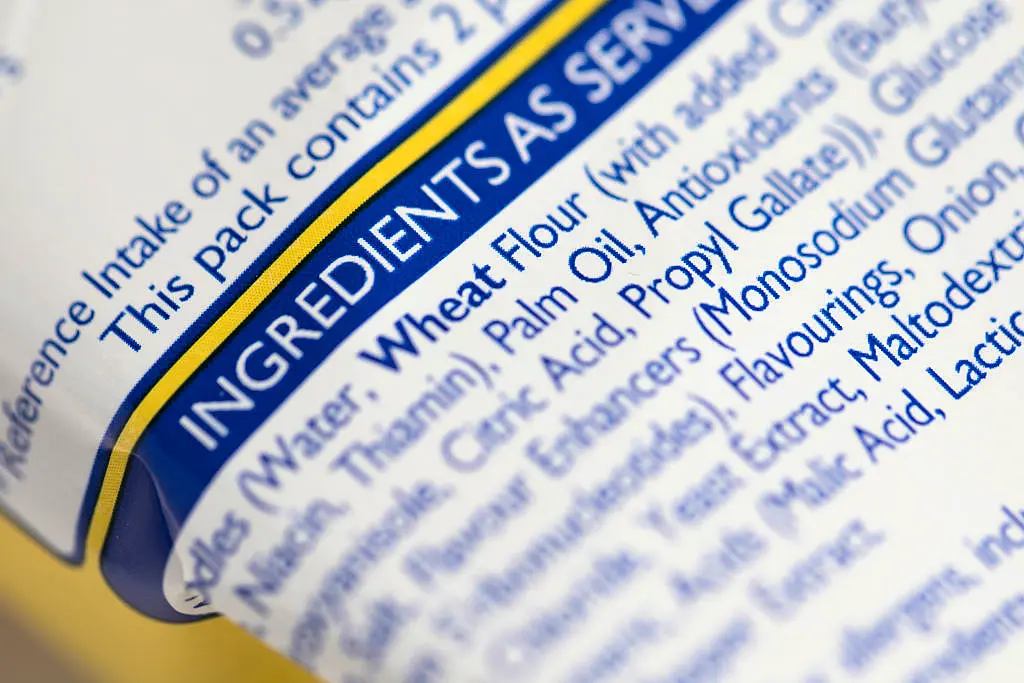Eating a lot of ultra-processed foods (UPFs) such as sugary cereals, ready meals, and fizzy drinks has been linked to poor mental health and a greater risk of dying from heart issues, according to a study.
Strategies should be developed to intervene in the exposure to UPFs, researchers urged, in a bid to improve human health.
UPFs are usually higher in fat, sugar, and salt and contain chemicals, colourings, sweeteners, and preservatives that extend shelf life.
An umbrella review conducted by academics in Australia analysed 14 review articles published in the last three years which associated UPFs with poor health outcomes.
These included 9.9 million people, with data on exposure to UPFs from food questionnaires and dietary history.
The team graded the evidence by convincing, highly suggestive, suggestive, weak, or no evidence.
Based on “convincing” evidence, a higher UPF intake was associated with a 50 per cent greater risk of death from cardiovascular disease, a 12 per cent greater risk of type 2 diabetes, and a 48-53 per cent greater risk of developing anxiety.
There was also “highly suggestive” evidence that eating more UPFs could increase the risk of obesity, type 2 diabetes, sleep problems and dying from heart disease by 40-66 per cent, as well as a 22 per cent greater risk of developing depression and a 21 per cent greater risk of death from any cause.

Researchers said that the evidence between UPF intake and “asthma, gastrointestinal health, some cancers, and intermediate cardiometabolic risk factors remains limited and warrants further investigation”.
They added that their findings, published in The BMJ, “provide a rationale to develop and evaluate the effectiveness of using population-based and public health measures to target and reduce dietary exposure to ultra-processed foods for improved human health”.
“They also inform and provide support for urgent mechanistic research,” the researchers said.
In a linked editorial, academics from Brazil said “no reason exists to believe that humans can fully adapt” to UPFs, which they say are “often chemically manipulated cheap ingredients” and “made palatable and attractive by using combinations of flavours, colours, emulsifiers, thickeners, and other additives”.
They added: “It is now time for United Nations agencies, with member states, to develop and implement a framework convention on ultra-processed foods analogous to the framework on tobacco.”
Storm Newton, PA
Keep up to date with all the latest news on our website Beat102103.com.






